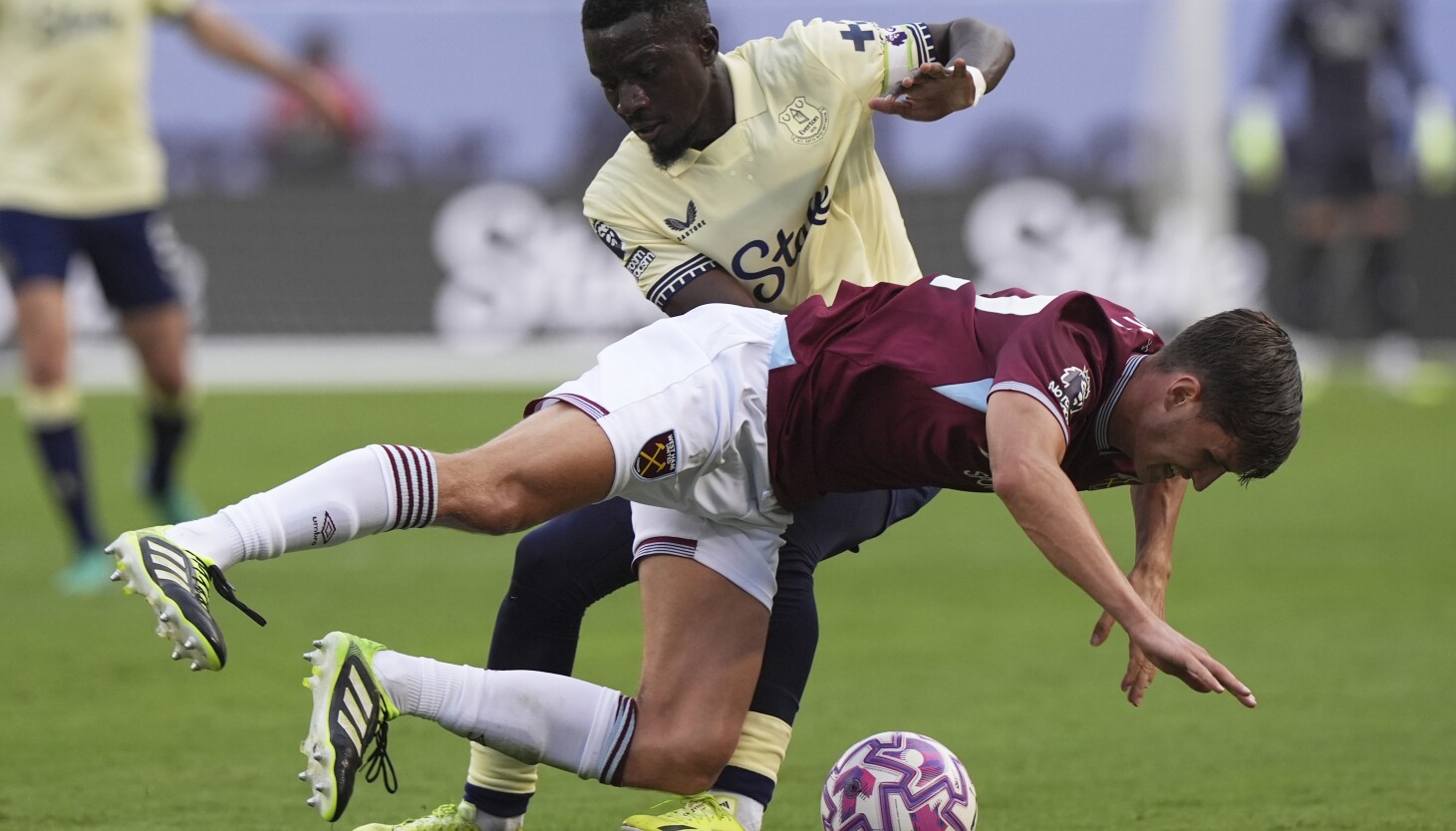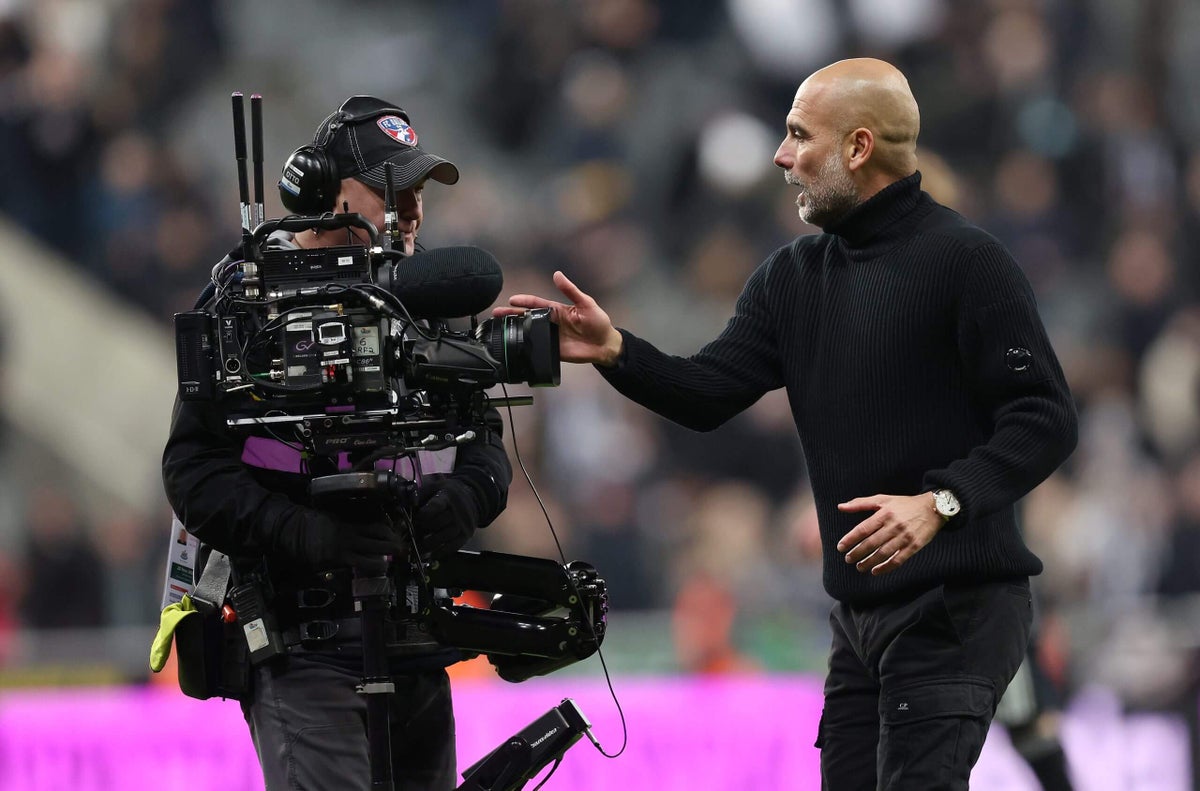On May 25, West Ham United and Everton ended their respective 2024-25 Premier League seasons, wrapping up a grueling 38-game schedule in the world’s most challenging domestic competition.
Both clubs also participated in national tournaments. West Ham played once in the FA Cup and twice in the League Cup; Everton played two times apiece in those competitions.
After that workload, the 2025-26 Premier League season kicks off in a little more than two weeks. Instead of resting and getting ready for the short turnaround, major European sides are competing in friendlies. On Wednesday, West Ham beat Everton 2-1 at Soldier Field in the first game of a Premier League Summer Series doubleheader.
West Ham manager Graham Potter said he’s happy with where his team is at physically, though there are still many miles left for his players. Even before their first exhibition July 19 against Swiss team Grasshopper, the Hammers were well into their preseason training.
“In terms of how you maintain that over a season, it’s just about freshness,’’ said Potter, who became West Ham’s manager in January. ‘‘You can’t do too much. It’s a fine line between doing too much and doing too little.”
Over the next 12 months, players on West Ham and other squads will have a lot to do.
This season, many of the best players will have to put even more mileage on their legs, and that’s already well in progress for West Ham, Everton and their peer clubs across England and Europe. This was West Ham’s third of five preseason friendlies; Everton was playing its fifth of seven.
After the European club season ends, countless players will be called into their national teams for the 2026 World Cup. The tournament final is scheduled for July 19, meaning that some players on the teams that go the furthest will not have a true break for more than a calendar year. If a player’s club team flourishes, that period would include domestic league games, a handful of national and continental cup games, international matches during FIFA windows and finally the World Cup itself.
Though Potter’s West Ham won’t be adding to the players’ workload with European competition like some of his peers, he will have more to do than just be sharp tactically.
“There’s always that cat-and-mouse balance you try to strike,” Potter said. “If you overtrain, it’s a problem. If you undertrain, it’s a problem. That’s our job; that’s what we have to do. Touch wood we’re doing that OK so far.”
As more money flows through the sport, the increasing demands on players are becoming a bigger topic in international soccer. The latest example is the new version of the FIFA Club World Cup, a 32-team tournament that was staged just after the European leagues ended their seasons. Combined with an expanded UEFA Champions League, the top teams and their squads are required to do more.
Granted, these friendlies are not played with the same intensity as Premier League, Champions League or international matches. Along with the primary goal of making money for the clubs and promoters, the summer exhibitions are used to get players in shape for the upcoming season, albeit in unfamiliar and sometimes-difficult conditions.
Everton defender James Tarkowski said the offseason tour of the United States is bringing obstacles that include travel, heat and the change of time zones.
“It’s all a challenge, but it’s all a great experience for us to be [able] to play [soccer],” Tarkowski said.
Many of Tarkowski’s peers will be playing a lot of it over the next 12 months.


